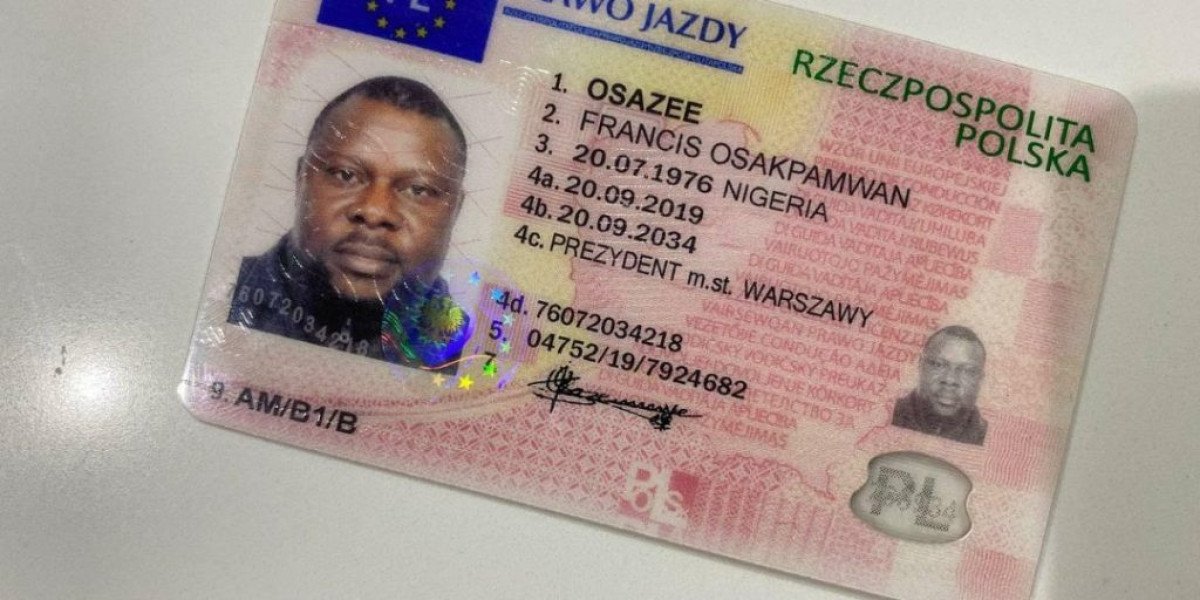Preparation for Practical Exams Online: A Comprehensive Guide
Over the last few years, the landscape of education has gone through substantial changes, particularly with the rise of online learning platforms. As universities increasingly adopt blended learning environments, practical examinations have transitioned to online formats. Getting ready for these practical tests requires strategies customized specifically to the digital world. This short article aims to offer trainees with an informative guide to effectively browsing practical exam preparation online.
Comprehending Practical Exams
Practical examinations are evaluations designed to evaluate a student's hands-on skills in a specific subject area. Unlike standard written tests, practical tests need trainees to show their abilities through real-world situations or simulations. Common examples include:
- Laboratory evaluations in science classes.
- Technical skill evaluations in engineering or computer science.
- Efficiency evaluations in fields such as music or theater.
Value of Preparing for Practical Exams
Preparation for a practical exam is essential for a number of reasons:
- Skill Mastery: Adequate preparation ensures that students are familiar with the methods and skills they will be tested on.
- Time Management: Understanding the format and requirements assists students allocate their time successfully during the exam.
- Confidence Building: Preparation causes increased confidence, enabling trainees to perform better under pressure.
Steps to Prepare for Online Practical Exams
Producing a solid preparation method is necessary for online practical exams. Below are key actions to think about:
1. Understand the Exam Format
Familiarize yourself with how the practical exam will be carried out online. This might include:
- Video demonstrations.
- Interactive simulations.
- Remote observation by trainers.
Comprehending these elements enables students to tailor their preparation accordingly.
2. Produce a Study Plan
A structured research study strategy can assist students track their preparation.
Example Study Plan:
| Week | Focus Area | Activities |
|---|---|---|
| Week 1 | Essential Concepts | Evaluation of core material and key theories. |
| Week 2 | Skill Development | Hands-on practice workouts and simulations. |
| Week 3 | Mock Exams | Complete practice tests under timed conditions. |
| Week 4 | Final Preparation | Review feedback from mock tests and improve abilities. |
3. Gather the Necessary Resources
Identify and gather the tools and materials you will require for the exam. This may include:
- Software applications making sure compatibility with the exam platform.
- Any specific tools or equipment (e.g., scientific calculators, coding environments) needed for your discipline.
4. Practice, Practice, Practice
Regular practice is key! Here are some efficient methods to improve skills:
- Simulations: Use online simulations that duplicate the practical circumstances you will encounter throughout the exam.
- Video Recordings: Record yourself performing jobs to assess your abilities and keep track of enhancement.
- Peer Learning: Collaborate with classmates remotely to simulate exam conditions and critique each other's performance.
5. Clarify Doubts Early
Don't wait up until the last minute to deal with unpredictabilities. Engage with trainers or peers to clarify any doubts well before the exam date.
6. Prepare Your Environment
Ensure your research study or examination area contributes to concentration. Think about:
- Technical arrangements (computer system setup, steady internet).
- Minimal distractions (peaceful area, restricted disturbances).
- The needed equipment at hand (e.g., cams, microphones).
7. Time Management During the Exam
During the practical exam, reliable time management is critical. Here are some ideas:
- Read the Instructions Carefully: Understand specifically what is needed before starting.
- Prioritize Tasks: Start with jobs you are most comfortable with to build momentum.
- Monitor Time: Develop a habit of regularly checking the time to guarantee you stay on track.
FAQs About Preparation for Online Practical Exams
Q1: How should I prepare if I'm not knowledgeable about the technology?
- A1: Familiarize yourself with the technology ahead of time. Make use of tutorial videos and create practice tests utilizing the platform to enhance your comfort level.
Q2: Are there specific study strategies that work best for practical examinations?
- A2: Visualization techniques, hands-on practice, and teaching concepts to peers can provide effective reinforcement of practical skills.
Q3: What should I do if I experience technical concerns during the exam?
- A3: Inform your instructor right away. Have a backup strategy prepared, such as a various gadget or place, to guarantee you can continue the exam without significant disruption.
Q4: How can I minimize stress and anxiety before an exam?
- A4: Prepare thoroughly, practice relaxation strategies, kupię prawo jazdy and take part in mock examinations to produce familiarity and decrease anxiety.
Preparation for practical examinations in an online setting requires a strategic technique that integrates both conventional study strategies and developments in innovation. By understanding the format, producing reliable study strategies, practicing rigorously, and making sure a conducive environment, trainees can boost their possibilities of success. As education continues to progress, mastering practical exam preparation will function as an important ability, gearing up students to master both academic evaluations and their future expert endeavors.








